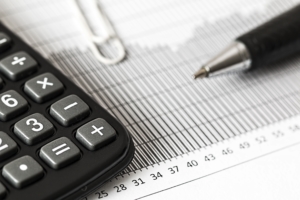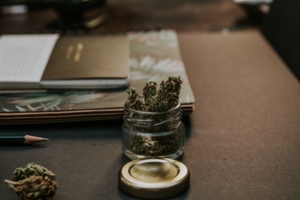Your PPP Lender Says You Were Ineligible for Your PPP Loan – Now What?

If your Paycheck Protection Program (PPP) lender has informed you that you were not eligible for the PPP loan that you received, you should be aware of the potential consequences of this determination if it goes unchallenged.
What’s at Stake?
Although this area of PPP law is currently developing and comes with a lot uncertainty, here are three of the most likely consequences:
- The Small Business Administration (SBA) has made clear that no portion of a PPP loan made to an ineligible borrower may be forgiven. If you have already spent all of the PPP loan proceeds, you will be required to repay the entire loan unless you are able to resolve this issue with the lender. If you have not yet spent all of the loan proceeds, then you might want to consider putting a hold on using the PPP loan proceeds until you (hopefully) are able to come to a resolution with your lender.
- Your lender’s understanding that you are ineligible may be construed as a default on your PPP loan, the loan may be accelerated, and the entire amount of the loan would become immediately due and payable. Unlike other non-PPP loans, your PPP loan promissory note might not require your lender to provide notice of these actions. This leaves open the possibility of your lender suing you, without being provided an opportunity to contest its determination that you were ineligible for the PPP loan.
- The lender might take the position that if you were not eligible for the loan in the first place, how could any use of the PPP loan proceeds be for an authorized purpose? Under the PPP and all applicable SBA rules, proceeds may only be used for PPP loan authorized purposes. If the lender believes it was tricked into making a PPP loan that it should not have made, it may refer the matter to be reviewed by the SBA. The SBA has issued Interim Final Rules (IFRs) that state that if you knowingly misuse PPP loan proceeds, the SBA might not only direct you to repay the funds that were misused, but it may also pursue any owner of the business through a civil action and/or potentially direct the United States Department of Justice to start a criminal PPP loan fraud investigation.
What Can Cause This?
Since the PPP generally allow lenders to rely on the certifications made by borrowers in their PPP loan applications to determine whether the borrowers are eligible, it is most likely that your eligibility issue is tied to one of the certifications made in your PPP loan application. Over time, the required certifications have changed, and the PPP loan application forms have even been revised to resolve certain ambiguities. Understanding how the PPP loan application process has evolved is crucial to being able to effectively contest your PPP lender’s determination.
What Can You Do?
Although PPP loans are unique in many ways, in the end, PPP loans are just unsecured business loans. The PPP does not grant PPP lenders any specific powers beyond those generally recognized under state law. This means that you, as a PPP loan borrower, similarly have all of the same tools available under state law to contest a pending lawsuit commenced by your PPP lender against you or to commence your own action against the PPP lender in order to seek a court order finding that you were eligible for the PPP loan and/or that you have not defaulted on your PPP loan. You may also be able to request that the SBA review the lender’s determination if it is part of a decision denying PPP loan forgiveness.
Take Action
If you have questions or concerns regarding the Paycheck Protection Program or how to navigate a dispute with your PPP lender regarding loan eligibility, please contact Matthew M. Zapala, Esq., by e-mail (mzapala@nhkllp.com) or phone (518.432.3133) for a no-cost consultation to see how Nolan Heller Kauffman LLP may be able to assist you.


FOLLOW US